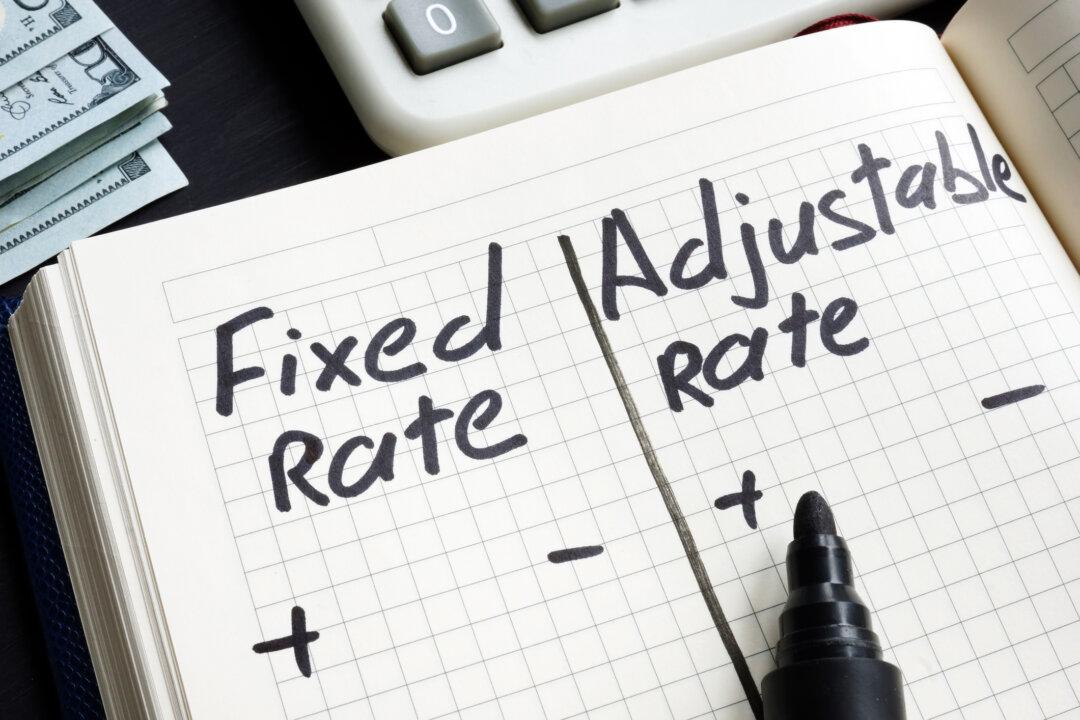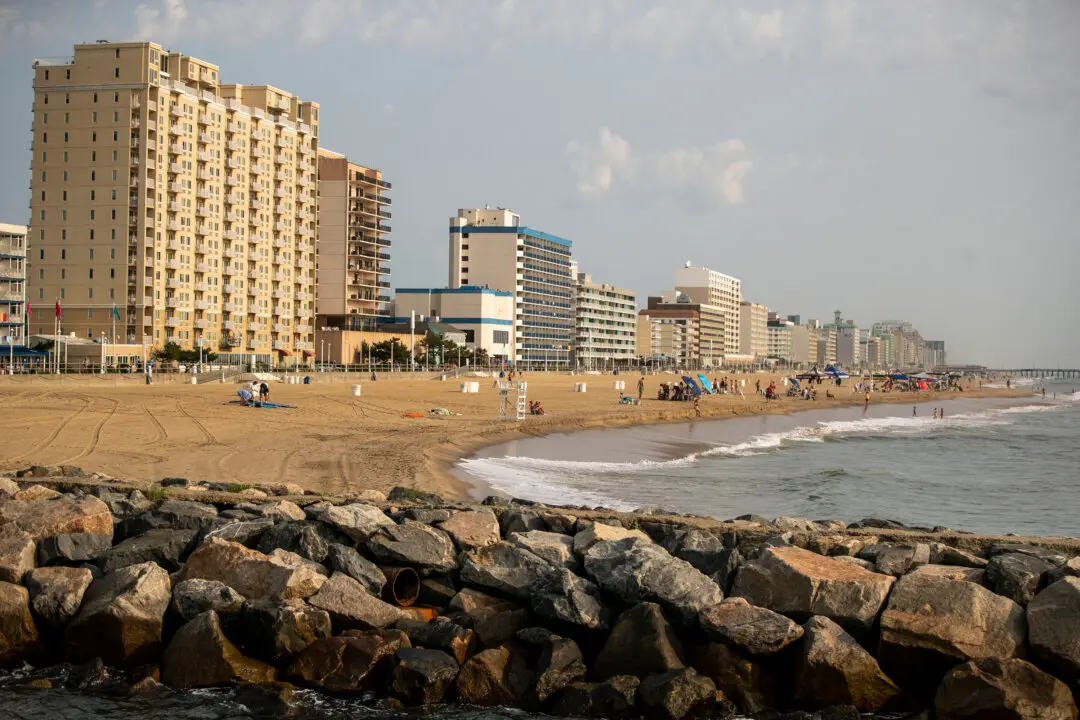As May arrives, we start moving into the warmer part of the year. Hot days are blissfully cool when air conditioners are running full swing. But what do you do when the thermostat stops working and starts to climb unexpectedly? Few household problems are as disheartening and uncomfortable as a blown-out air conditioner. It can be dangerous if you have small children, older people, or those with chronic illnesses in the home. Here’s a list of what to do when the air conditioning stops working.
Check for the Obvious
Some cooling problems are simple. If you have an older system, check to see if your thermostat’s batteries may be dead. Air conditioning draws a lot of power, so check that the circuit breaker hasn’t tripped, and look around your HVAC unit to verify that everything is plugged in correctly, with no exposed wiring. Don’t try to repair electrical issues yourself — that’s a job for a pro. Look outside and ensure your external unit is clear of debris and leaves. Trim back any bushes or plants that have grown into the unit. Ideally, your outdoor installation needs a few feet of clearance, which also allows room for technicians to take a look. Many AC units have a switch on both the indoor and outdoor units to turn off the power to safely be serviced. If you know where those switches are, check to see they’re still on.






